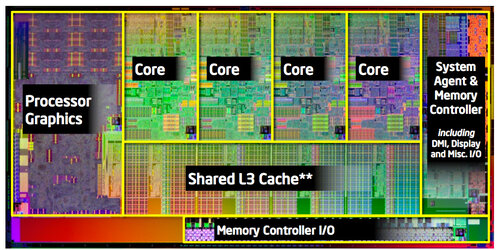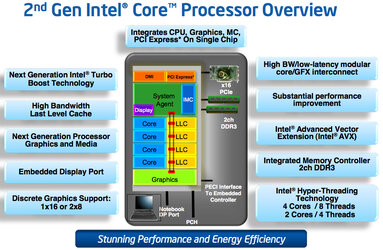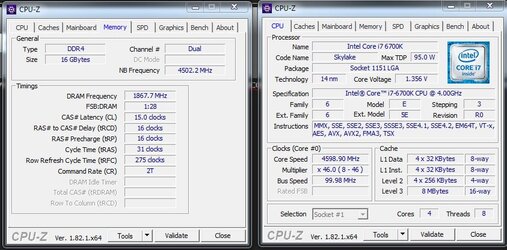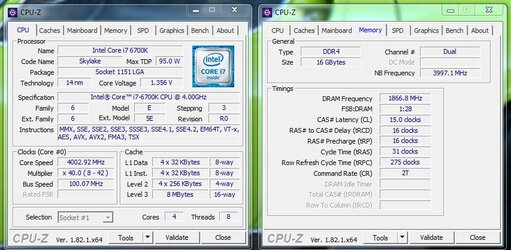- Joined
- Mar 7, 2008
System in question is i3-8350k currently at stock core clocks, on Asrock Z370 Pro4 mobo. This is the one I got B-die to play with, eventually settling on a manually tuned 3866C17. To get the most out of the ram, I increased cache to 4.0 also, up from 3.7 stock. Until yesterday, this ran everything I threw at it without error.
I do prime number hunting, and the software used is comparable in stress to Prime95. This is in part why I don't overclock the CPU cores, as feeding it with fast enough ram is the bigger problem. At the start of the year was a 15 day challenge with large units, around 2000k FFT. This is usually ram bandwidth limited. It did that fine and without error.
More recently is a different challenge, where there are many strategies that may be employed. My 1st goal was to find any top 5000 reportable prime number, so running small units (but big enough for top 5000) gives the best chance there. It ran that for some days, again without error. Here FFT sizes are typically 120k so rather small and easily fit within CPU cache with room to spare.
Once I had found one of those prime numbers, it was over to my second phase, to find a million digit prime number. These tasks are 256k FFT size, so would use 2MB/task. At one task per core, that ideally fits in the L3 cache outside of some older i3/i5 CPUs. Now I'm getting errors. Of 48 validated units, 2 of them were declared invalid, meaning on double check my result did not agree with others.
I guess this is part of the fun when determining 24/7 stability. Different tasks will stress differently, so you can appear to be fine for a long time until you do something you haven't already, and uncover a weakness. For now, I dropped the cache down 100 MHz and will see if that helps. It may be an exercise for another day, but has anyone determined how fast Intel caches need to run at to not significantly limit ram performance? I've been working on an assumption that nominal cache speed should exceed ram speed, but have no proof of that. e.g. for my 3866 ram, I'd target 3900+ cache. I think I just talked myself into doing more testing later.
CPU temps are <60C so overheating is not a concern.
I do prime number hunting, and the software used is comparable in stress to Prime95. This is in part why I don't overclock the CPU cores, as feeding it with fast enough ram is the bigger problem. At the start of the year was a 15 day challenge with large units, around 2000k FFT. This is usually ram bandwidth limited. It did that fine and without error.
More recently is a different challenge, where there are many strategies that may be employed. My 1st goal was to find any top 5000 reportable prime number, so running small units (but big enough for top 5000) gives the best chance there. It ran that for some days, again without error. Here FFT sizes are typically 120k so rather small and easily fit within CPU cache with room to spare.
Once I had found one of those prime numbers, it was over to my second phase, to find a million digit prime number. These tasks are 256k FFT size, so would use 2MB/task. At one task per core, that ideally fits in the L3 cache outside of some older i3/i5 CPUs. Now I'm getting errors. Of 48 validated units, 2 of them were declared invalid, meaning on double check my result did not agree with others.
I guess this is part of the fun when determining 24/7 stability. Different tasks will stress differently, so you can appear to be fine for a long time until you do something you haven't already, and uncover a weakness. For now, I dropped the cache down 100 MHz and will see if that helps. It may be an exercise for another day, but has anyone determined how fast Intel caches need to run at to not significantly limit ram performance? I've been working on an assumption that nominal cache speed should exceed ram speed, but have no proof of that. e.g. for my 3866 ram, I'd target 3900+ cache. I think I just talked myself into doing more testing later.
CPU temps are <60C so overheating is not a concern.



